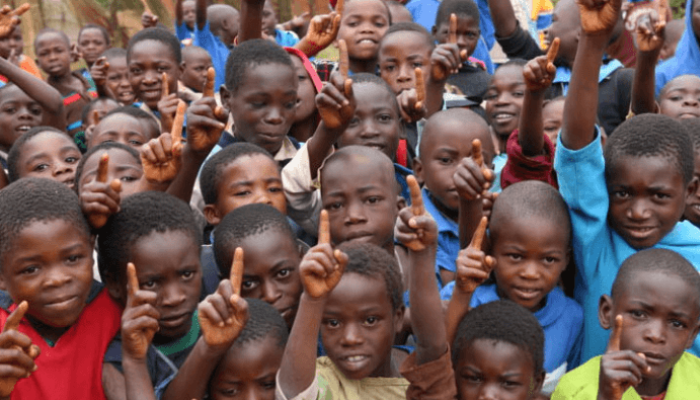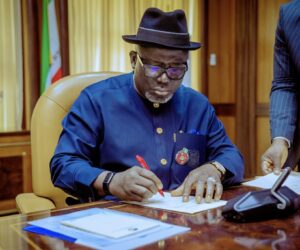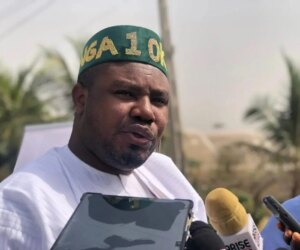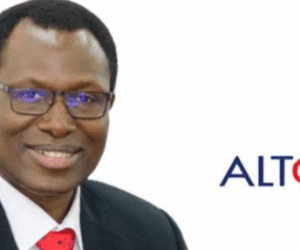The Adamawa State Government, in partnership with the Global Partnership for Education (GPE) and UNICEF, has made significant strides in tackling the out-of-school children crisis, providing non-formal education to more than 12,000 learners through the recently concluded GPE Accelerated Funding programme.
Initially designed to reach 7,000 out-of-school children, the initiative surpassed expectations by enrolling over 12,000 learners across Lamurde and Gombi Local Government Areas. The intervention aimed to bridge critical gaps in education access, particularly for children previously excluded from formal learning environments.
As part of the programme, 120 community learning centres were established, 60 each in Lamurde and Gombi. Additionally, 123 shade structures were constructed to provide conducive learning spaces in underserved communities. The curriculum covered literacy and numeracy as well as life skills, hygiene, and social-emotional learning to foster holistic child development.
Speaking at the wrap-up event, Abdulraman Ado, UNICEF’s Education Specialist based in Bauchi, described the intervention as “transformative.”
Read also: Nigeria accounts for 15% of global out-of-school children – NUJ
He provided an overview of the broader impact of the GPE Accelerated Funding programme across Borno, Adamawa, and Yobe States, noting its contribution to improving access, promoting inclusivity and enhancing safety in educational spaces.
Umar Garba Pella, Adamawa State Commissioner for Education, expressed appreciation to GPE and UNICEF for their support and affirmed the State’s commitment to sustaining the gains. He stated that the Government had already developed a framework to integrate the programme’s outcomes into the State’s broader Education Sector Plan.
A key feature of the programme was the recruitment and training of community-based facilitators, local volunteers who taught at least three times per week. Stakeholders believe this approach will strengthen community ownership and continuity of the initiative.
Furthermore, efforts are underway to integrate learners from the non-formal centres into the formal education system, with the provision of uniforms, learning materials and other scholastic support.
Read also: Out-of-school children, underfunding slow Nigeria’s education progress
Despite its successes, the programme encountered several challenges. Persistent poverty continues to drive some parents to prioritise child laborsuch as hawking or farming over education. Security concerns in Madagali, communal clashes in Lamurde, and flooding that damaged several learning centres also posed significant setbacks.
Stakeholders, including Islamic education providers, however, called for the introduction of a school feeding programme to alleviate the burden on children who often attend school while also struggling to meet basic nutritional needs.
Community leaders, traditional rulers, and parents have been urged to take active roles in sustaining the momentum of the programme and ensuring every child has access to quality, inclusive education.









